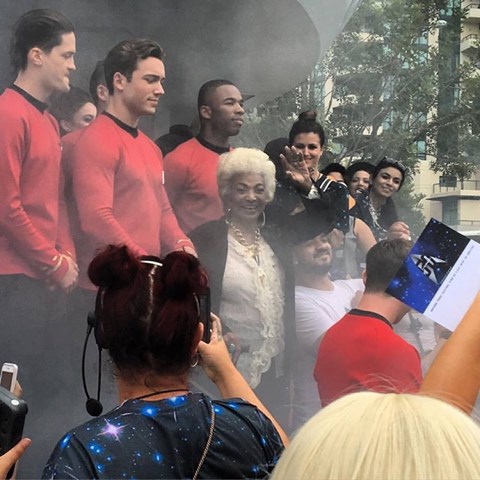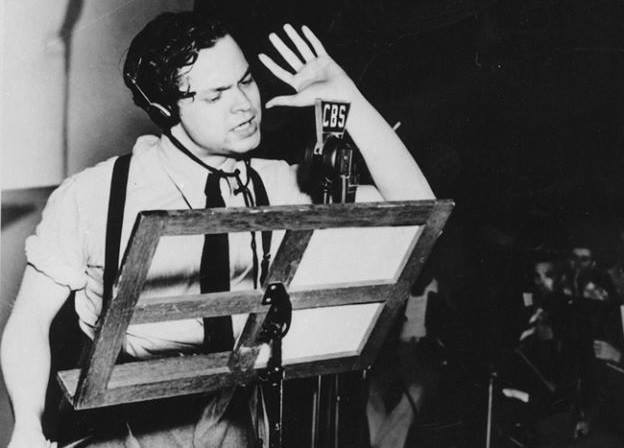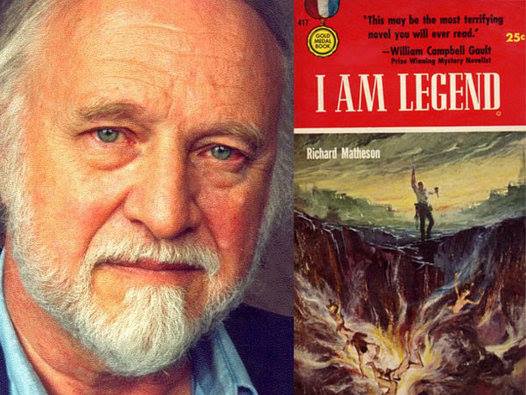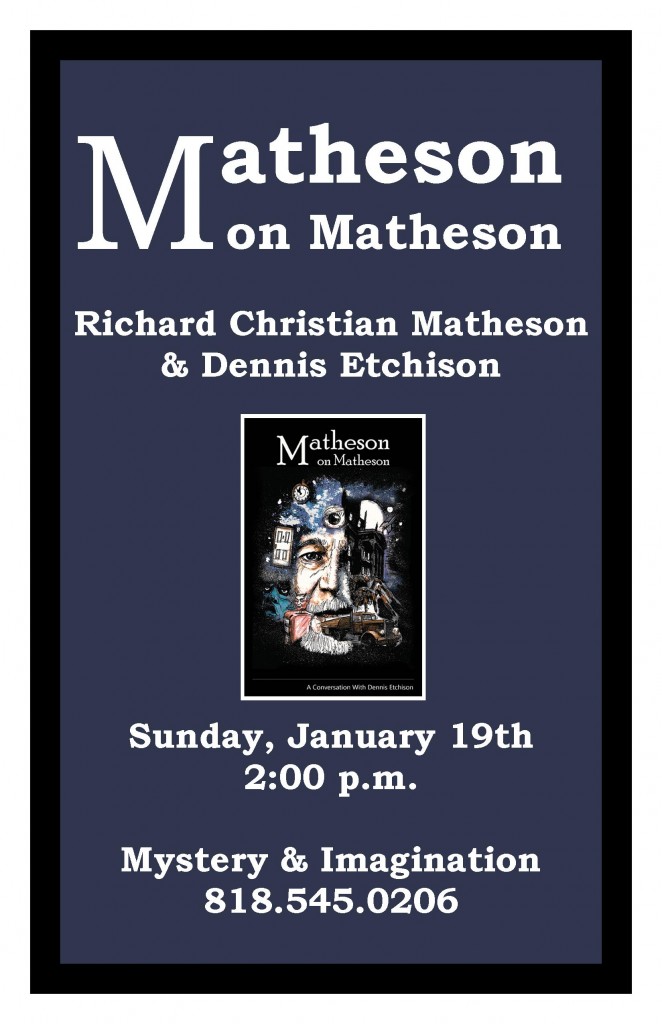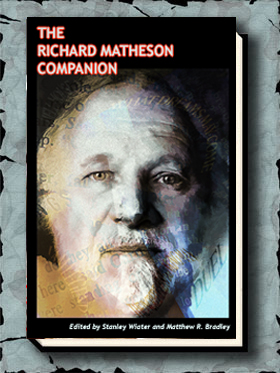(1) THEY LOOK ALIKE, THEY CAW ALIKE. …You could lose your mind! In “A Tale of Two Covers: Alan Baxter’s Crow Shine and Sarah Remy’s The Bone Cave”, Black Gate’s John O’Neill comments on the remarkably similar cover art on two disparate novels published within a month of each other.
(2) SOMETIMES A CIGAR IS NOT A CIGAR. Maya Kaathryn Bonhoff deconstructs another cover trend at Book View Café: “There’s a Bimbo on the Cover Verse 4: Rocket Power”.
This is the fourth verse of the song “There’s a Bimbo on the Cover of the Book.” If you’re collecting the lyric and singing along, it’s sung to the tune of (TTTO) “She’ll Be Comin’ Around the Mountain When She Comes.”
There’s a rocket on the cover of the book.
There’s a rocket on the cover of the book.
It’s a phallic and a stout one, but my novel was without one.
There’s a rocket on the cover of my book.In this case, the lyric really doesn’t do justice to the …er… attributes of the rocket in question, which is from the cover of BVC author Deborah Ross’ print novel Jaydium (under her Deborah Wheeler nom de plume).
As it happens, I’ve read Jaydium and, while there is a rocket involved briefly in the story (my recollection is that it is part of a flashback), the scene shown on the cover does not actually appear as such in the novel.
(3) SOCIAL MEDIA MOURNING. Ann Leckie shares some wisdom in her post “On Mourning”.
It gets weird, with public figures. These are people that might be very, very important to us, might have formed our childhoods, given us inspiration, been constant companions in one way or another, and yet we’ve never met them, and they never had any idea that we existed. It’s not the same as a close loved one dying. But it’s not nothing. And what do you do, when someone not exactly family dies, but you had some sort of relationship with them? Well, if you were in the same town you’d put on nice clothes and comb your hair and go to the funeral parlor and tell the family how sorry you were, how important the deceased was to you, maybe tell them about some time they really helped you out. And then you move aside for the next person, maybe talk with some folks, and go home. Maybe you send flowers, that will sit there in the funeral home and in the church as a conspicuously visible token of your tie to the deceased, or their family, or a particular member of that family.
We aren’t any of us going to Carrie Fisher’s wake. Her family doesn’t want to slog through thousands of cards or letters, and there’s no mortuary large enough to hold the flowers we might all send. But we can blog or tweet. And yes, it’s performative. Like all funeral customs and public mourning it’s performative. It’s meant to send a message. “I am a member of this community, and this person was important to us. This community recognizes their loss. This community wants the deceased’s family to know how important this person was to us, and how sorry we are to hear they’ve left us.” And maybe her family doesn’t see most of it, but they likely know it’s there. I suspect that, like “I’m sorry” at the funeral home, it helps.
(4) LIFE IMITATES ART. John King Tarpinian saw this cartoon and admitted, “I do this all the time. I have the CD set, the DVD set, and the Blu-ray set of Twilight Zone, yet I watch the marathon on the Syfy channel.”
(5) GROSS NEWS. Natalie Rohamed, in a piece called “Scarlett Johansson is the highest-grossing actor of 2016” on Forbes.com, says that Scarlett Johansson with $1.2 billion in film grosses this year edged out Chris Evans and Robert Downey Jr., each of which had $1.15 billion. All of the top ten actors starred in superhero movies.
Scarlett Johansson has had a good year at the box office. Between a top role as the Black Widow in blockbuster hit Captain America: Civil War, which grossed over $1.15 billion worldwide, plus an ensemble part in the much less commercial Hail, Caesar!, Johansson is 2016’s top-grossing actor, bringing in $1.2 billion at global ticketing booths.
Martin Morse Wooster, who sent the link, comments: “I once read a profile of Robert Downey Jr. in Esquire where I learned that if you really want to irritate the guy, asking him, ‘You’ve created two billion-dollar franchises in Sherlock Holmes and Iron Man. How does it feel?’ will do it.”
(6) THE ROBOTIC HORROR. BBC mix of blue-skying, looking-with-alarm, and data on “The rise of the robots?”
“Your bones will turn to sand. And upon that sand a new God will walk.” Dolores in the latest sci-fi TV blockbuster, Westworld.
It may not quite be that bad. But a wall won’t keep them out, a new work permit scheme won’t stop their freedom of movement.
The rise of the robots could be next year’s big story. Ever since the Luddites smashed their first loom, mechanisation has been putting people out of work. But the process is speeding up, accelerating all the time and the next wave could be crashing down, near you, soon.
(7) UPDATE: DEBBIE REYNOLDS OBIT. The mother of Carrie Fisher, Debbie Reynolds, passed away today.
BREAKING: Actress Debbie Reynolds, star of the 1952 classic 'Singin' in the Rain' and mother of Carrie Fisher, has died, son says.
— The Associated Press (@AP) December 29, 2016
Her death was reported shortly after the Scroll was posted with news that she had been hospitalized —
Debbie Reynolds, one of Hollywood’s biggest stars in the 1950s and 1960s, was taken to a Los Angeles hospital on Wednesday, one day after her daughter Carrie Fisher died, the Los Angeles Times reported.
Reynolds, 84, complained of breathing problems, an unidentified source told The Times.
This might fall within the sphere of science fiction news not only because of the Fisher connection, but because Reynolds’ signature film Singin’ in the Rain was regarded as science fiction by at least one authority. Patton Oswalt told the story to io9 —
And I love the part about what happens to human beings. Ray Bradbury pointed out that Star Wars is not science fiction, it’s an adventure story set in space. Singing in the Rain is a science fiction film, because you have the world as it is, then sound is introduced. What happens to people now that this new thing is there? That’s all science fiction is.
(8) TWO WASHINGTON POST TRIBUTES. Michael Cavna, in “As iconic Princess Leia, Carrie Fisher was a life force to be reckoned with”, looks at how Carrie Fisher “long had a love/hate role with the Princess Leia role,” and how her “joy and swagger” at the part was combined with a fear that if she screwed up she would be replaced by Jodie Foster or the many other women George Lucas rejected in favor of her.
When first casting his “Star Wars” films, creator-director Lucas seriously considered such other budding teenage talents as Jodie Foster and Terri Nunn. Yet Carrie Fisher, still barely an adult at the time, had a silly, fun-loving presence that melded well with future co-stars Mark Hamill and Harrison Ford during auditions. She also had a precocious sense of self — a quick mind and a feisty steeliness of spine. In short, Fisher reminded Lucas of his own younger sister.
Alexandra Petri, in “Carrie Fisher: So long, Princess, and thanks”, says that “Until Carrie Fisher, ‘princesses’ was a dirty word” and how “a lot of what I learned about how to be a person in the world came from Princess Leia.”
(9) SURVIVED BY. CinemaBlend reports “Carrie Fisher’s Dog Gary Has Already Found A New Home”.
Carrie Fisher’s adorable French Bulldog Gary could often be seen at his owner’s side during interviews and other events. So it’s no surprise that fans of the Star Wars star were concerned about Gary’s wellbeing in the aftermath of Fisher’s death. Rest assured, Gary has already secured a new home.
TMZ reports that the 4-year-old Gary will be in the care of Carrie Fisher’s daughter Billie Lourd….
https://twitter.com/Gary_TheDog/status/813957854596136961
(10) TODAY IN HISTORY
- December 28, 1865 — French film pioneers Auguste and Louis Lumiere showed the first commercial motion pictures at a Paris cafe.
(11) TODAY’S BIRTHDAY GIRL
- Born December 28, 1932 – Nichelle Nichols
(12) TODAY’S BIRTHDAY BOY
- Born December 28, 1922 – Stan Lee
(13) THE SECOND IS NO. Thomas Vinciguerra confides to readers of the Columbia Journalism Review, “Want me to write for free? I’ve got two one-syllable words for you”.
An ostensibly professional journalist this spring told me he was on the prowl for freelance editors for his new investigative website. Intrigued, I eventually broached the question of payment.
He responded by rattling on about the great people who worked for him, how they came from all walks of life, that inevitably his site would grow, and that at some point he might possibly—no promises, I had to understand—be able to toss me a few coins.
After silently fuming for a few days, I politely told him that this was simply not viable. In retrospect, I should have responded with two one-syllable words.
The long-chronicled decline of print has gored many a writer and editor. It’s hardly a secret that magazines and newspapers are now leaning mercilessly on their dwindling staffs, unable to pay outsiders as much as they once did or take them on at all. Fair enough; as Hyman Roth stammered in The Godfather, Part II, “This is the business we’ve chosen.”
But there is something fundamentally obscene about expecting anyone to work gratis. And that applies even to us ink-stained wretches.
The fiction writer Harlan Ellison—a master of what our mutual friend (and science-fiction writer) David Gerrold calls “the literature of amazement”—once tore into the idea of giving away your words for nothing. “I get so angry about this because you’re undercut by all the amateurs,” he explodes. “It’s the amateurs who make it tough for the professionals.”
(14) DEITIES IN SF. Leah Schnelbach’s fine post for Tor.com – “19 SFF Stories That Take a Positive View of Religion” — rounds up an uncommon set of stories.
Of all the genres, science fiction and fantasy are the ones where humans can tackle their deepest societal problems and thought experiments. Because of this, it’s a natural place for people to explore ideas about religion, faith, and the meaning of life…
Religion can also be an emotional and contentious topic for people. For people who choose to leave a religious tradition, science and science fiction can become the home they didn’t find in a church or temple, and can also provide a way to critique the life they left. For others, the flexibility of the genre allows them to express their faith, or their questions about their faith, in deeper ways than any other medium would allow.
I thought it would be interesting to look at some examples of books and short stories that have tackled religious questions in respectful and positive ways. While these stories sometimes go to uncomfortable places, they each take faith seriously, and would be worthy additions to the TBR stacks of believers and non-believers alike…..
Lord of Light by Roger Zelazny
Roger Zelazny’s Lord of Light is set in the far future, where colonists from “vanished Urath,” or Earth, have set up shop on a planet full of understandably hostile indigenous people. In order to survive, they use their ships tech to mutate themselves and eventually to MacGyver a type of reincarnation by repeatedly transferring their souls into new bodies. They use this tech against the planet’s native population, setting themselves up as a pantheon of “Hindu” gods, and instituting an ironclad caste system. Obviously, they have to keep the tech out of the wrong hands in order to stay at the top of society… which is where Sam comes in. Originally named Mahasamatman, he prefers to go by just Sam, but before that he was Siddhartha. The Buddha. And now he’s decided to ally with the pantheon of the native people, reincarnate repeatedly, and generally go full trickster god to make sure everyone has access to technology, and end the tyranny of the caste system once and for all.
(15) BOX SCORE. John Scalzi draws back the curtain on “2016 Top 10 Whatever Posts + Social Media Stats”.
Time for my annual nerdery about the most visited posts here, and the state of my social media presence. Ready? Sure you are, that’s why you’re here! This and cat pictures.
First, here are the top ten posts on Whatever f0r 2016, ranked by visits. Posts with asterisks were originally posted in years other than 2016….
Atop the charts is “The Cinemax Theory of Racism”.
(16) CLOUDS OF WITNESS. History’s post “Human Computers: The Women of NASA” includes a group photo from 1953.
Graduating in 1953 with a degree in chemical engineering from University of California, Los Angeles, Janez Lawson had the grades, degree and intelligence to get any job she wanted. The problem? Her race and gender. She responded to a JPL job ad for “Computers Wanted” that specified “no degree necessary,” which she recognized as code for “women can apply.” While it would not be an engineering position, it would put her in a lab. Macie Roberts and Helen Ling were already working at JPL, actively recruiting young women to compute data and Lawson fit the bill. Lawson was the first African American to work in a technical position in the JPL lab. Taking advantage of the IBM computers at their disposal, and her supervisor’s encouragement to continue her education, Lawson was one of two people sent to a special IBM training school to learn how to operate and program the computers.
(17) REWARDING DIVERSITY. Slate says the British Academy of Film and Television Arts is adding a diversity requirement to its award rules. Note that this only applies to the BAFTAs for Outstanding British Film, and Outstanding Debut by a British Writer, Director, or Producer — “Starting in 2019, if Your Film Isn’t Diverse, It Won’t Be Eligible for a BAFTA Award”.
In an incredibly bold move, the British Academy of Film and Television Arts announced last week that, beginning in 2019, works that do not demonstrate inclusivity in their production practices will no longer be eligible for the Outstanding British Film or Outstanding Debut by a British Writer, Director, or Producer awards at the annual BAFTAs, often considered the U.K. equivalent of the Oscars.* Eligible projects must showcase this in two of the following ways, as the BBC reported: On-screen characters and themes, senior roles and crew, industry training and career progression, and audience access and appeal to underrepresented audiences. BAFTA will also remove the requirement that newly admitted voters be recommended by two existing members.
(18) EYES YES, CHICKEN FEET, NO. Another BBC story — “Why I want my home to watch me”.
As I step into the hallway in Simon Daykin’s New Forest home, his smartwatch goes into overdrive.
He is receiving messages from the house itself, warning him there is somebody inside it doesn’t recognise.
“As you come in, you’ve already been spotted by some of our tech,” he says.
“There are cameras in the burglar alarm sensors, and a facial recognition system in the house.
“If it’s someone it ‘knows’, it will tell me. If it’s someone it doesn’t know, it will tell me.”
He selects one of the CCTV images he has received and adds my name to it. That seems to satisfy the house – for now.
(19) TZ ON METV. Get a list of “8 books any fan of ‘The Twilight Zone’ should read” from MeTV.
3. Richard Matheson – ‘Nightmare At 20,000 Feet: Horror Stories By Richard Matheson’
In his introduction, Stephen King describes Matheson’s influence on the horror genre in the 1950s as “a bolt of pure ozone lightning.” The master also confesses that without Matheson, he “wouldn’t be around.” This modern collection largely draws from the 1950s, with some 1960s shorts thrown in as well, keeping it contemporary with Twilight Zone. Matheson was the mind behind other classic episodes like “Third from the Sun,” “Nick of Time,” “The Invaders,” “Night Call” and more.
John King Tarpinian says, “They left out Fancies and Goodnights by John Collier, which is the book that Ray Bradbury gave to Rod Serling as TZ was being formulated.”
(20) BEHIND THE IMAGINARY SCENES. ScienceFiction.com recommends — “Unleashing The Power: Check Out Video From ‘Science Of The MCU’ Event!’”
Recently, the Science and Entertainment Exchange, along with Marvel Studios and The Great Company put on a truly amazing event called the ‘The Science of the Marvel Cinematic Universe’ which highlighted how some of the more fantastic elements of the MCU could actually work. At the events, real scientists discussed how some of the pseudoscience and superpowers of the MCU could potentially work, and how close we are to accomplishing some of the scientific discoveries fictional characters in the MCU have made…
[Thanks to JJ, Andrew Porter, Martin Morse Wooster, Chip Hitchcock, and John King Tarpinian for some of these stories. Title credit goes to File 770 contributing editor of the day RedWombat.]

